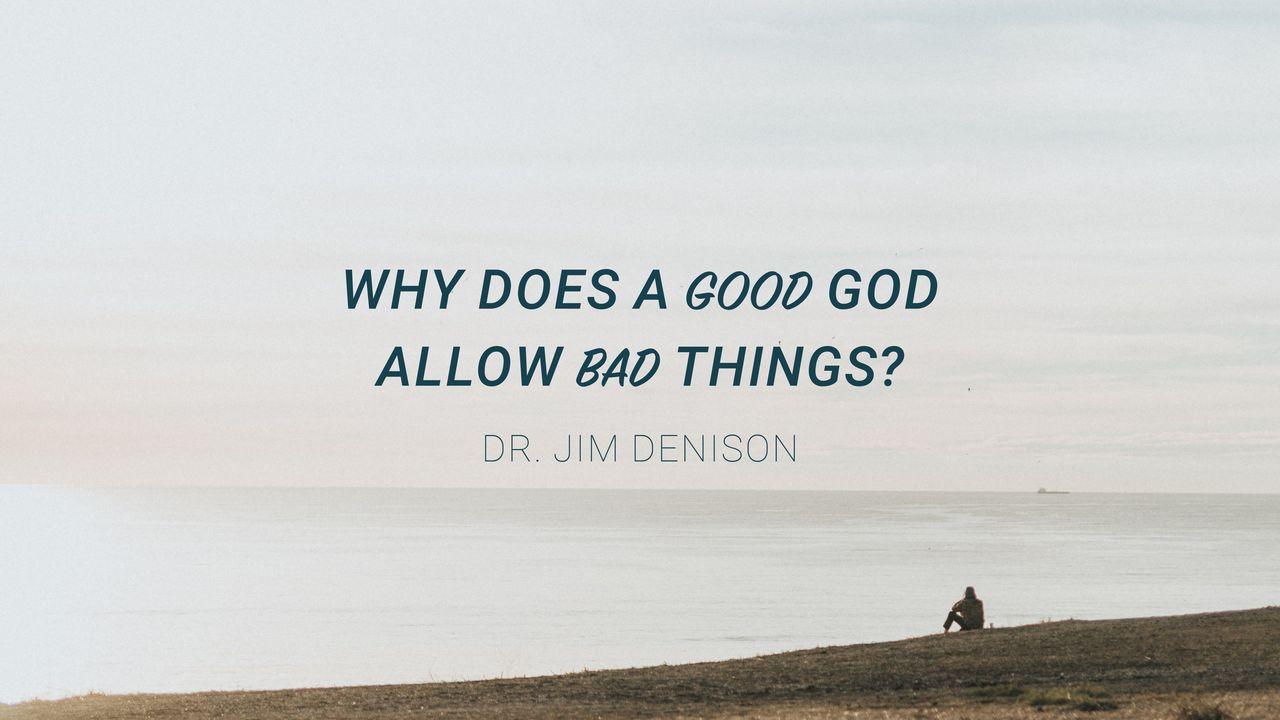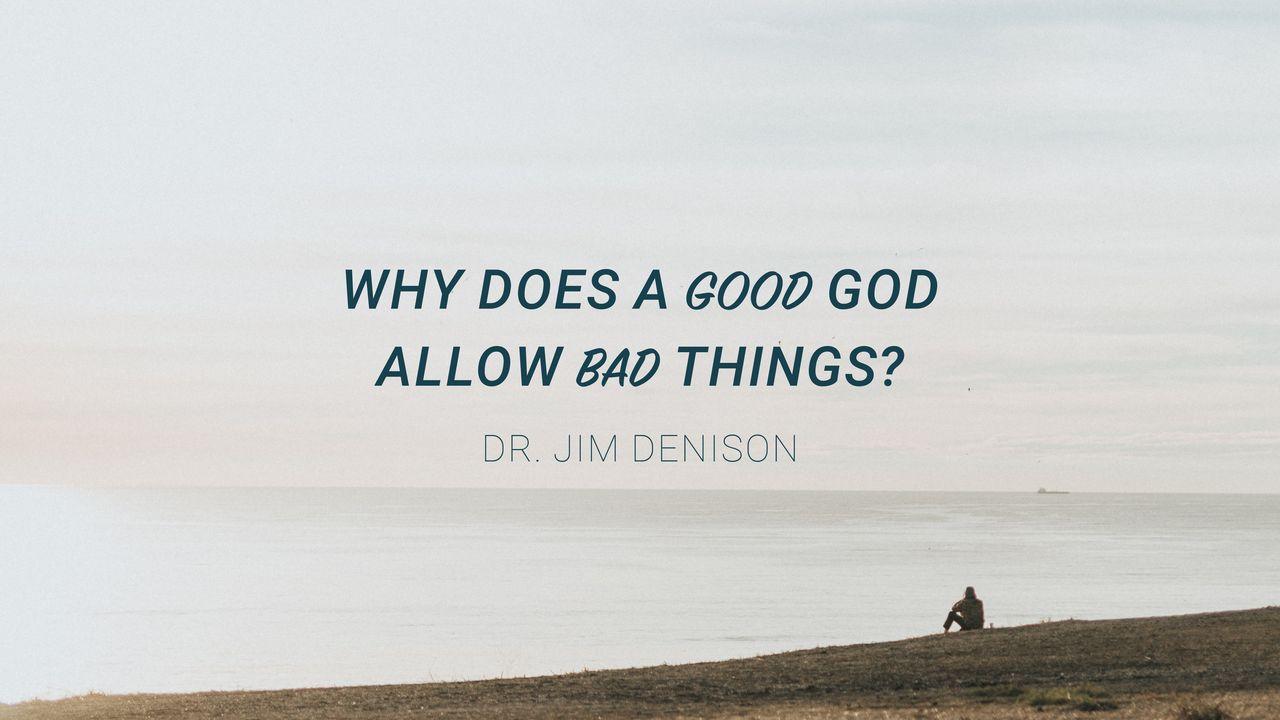読書プラン情報
Why Does a Good God Allow Bad Things?サンプル

# Popular But Wrong Approaches To The Problem Of Pain
The easiest way to “solve” the problem of evil and suffering is to deny or minimize one of its conditions.
## 1\. God is a disinterested clockmaker.
Regarding the love of God, we can agree with the ancient Stoics that everything is fated by God. They claimed that we are all dogs tied to carts. We can trot alongside the cart, or be dragged by it, but we’re going with the cart.
The ancient Greeks saw their gods as capricious and immoral, Zeus throwing lightning bolts at those who displeased him. A common secular viewpoint today is that life is random coincidence, that, if there is a “God,” he has little interest in us. He is a clockmaker, watching his creation wind down.
## 2\. God is limited in power.
We can also deny or minimize the power of God.
Dualism argues that evil is coequal with good. From ancient Zoroastrianism to today, it has been popular to see God and Satan, good and evil, locked in a battle for supremacy.
J. S. Mill asserted that God is limited in his power; he loves us, but cannot do everything he would wish to help us. Rabbi Harold Kushner, in his kind and sympathetic bestseller When Bad Things Happen to Good People , agrees that even God is not able to do everything he wants to do.
## 3\. Evil isn’t evil.
A third wrong approach is to minimize the nature or existence of evil.
The Hindu tradition views evil as maya , illusion. The ancient Greeks saw evil as the product of the material world, to be escaped through ascetic discipline and philosophical reflection. The Buddhist worldview treats evil as the product of wrong desires. Hinduism likewise believes that suffering results from wrong choices, as the karma we deserve.
## 4\. God doesn’t exist.
One other wrong “solution” is to deny the existence of God altogether.
David Hume, the eighteenth-century “father of skepticism,” proposed this syllogism:
* If God exists, he must be loving and powerful and thus eradicate evil.
* Evil exists.
* Therefore God does not exist.
While atheism says there is no God, “agnosticism” (from the Greek gnosis , knowledge, and a , no) asserts that we cannot know if he exists or not.
Alternatively, the “soft” agnostic admits that he or she does not (or cannot) know, without claiming that such knowledge is impossible for us all.
The existence of evil and suffering has perhaps motivated more people to question or reject the existence of God than any other factor.
Have you, or someone you know, fallen prey to one of these fallacies?
Tomorrow, we’ll look at historical approaches to this problem.
Today, work through the four points above. How would you answer someone who believes one of these fallacies?
この読書プランについて

The problem of pain may be the most challenging and difficult obstacle for many people to overcome when it comes to believing in God. After all, if God exists and he’s all-loving and all-powerful, why does evil also exis...
More


